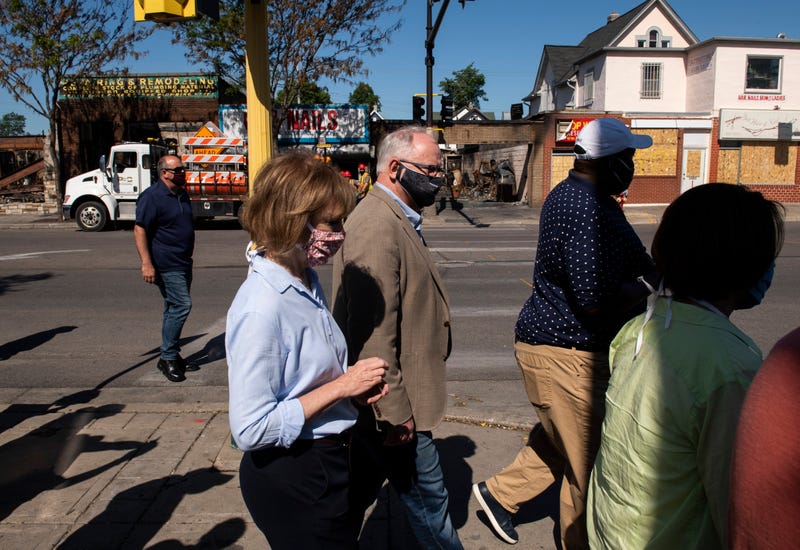
It began in 2023 as a promise to small businesses in Minnesota.
“Essentially, we’re helping small businesses reach their full potential,” said Shahir Ahmed, vice president of business service at the Neighborhood Development Center (NDC), which serves as a direct administrator of the MN PROMISE Act's metro grant program.
The MN PROMISE Act, signed into law by Governor Tim Walz during the 2023 legislative session with the Minnesota Department of Employment and Economic Development (DEED) overseeing the program's implementation and grant programs, was created and designed to provide financial support to small businesses in communities adversely affected by structural racial discrimination, civil unrest, and lack of access to capital.
The first round in 2024 drew 6,000 applicants. “About half were qualified and 650 were awarded a total of $9.5 million in grant money,” Ahmed added. Described as a state-funded small business revitalization program, the MN PROMISE Act is designed to support disenfranchised entrepreneurs. “It’s giving them access to capital and resources they need to stabilize and grow through grants and loans to promote the long-term stability, equity, and wealth building in our disinvested communities,” Ahmed explained.
Eligibility areas are noted on the website and include specific communities within Minneapolis and St. Paul, as well as communities in greater Minnesota. “Businesses and nonprofits are eligible so long as they’re located in designated areas that have been historically disinvested or disproportionately affected by economic hardship,” Ahmed added.
Grant funds can be used for working capital to support payroll expenses, rent or mortgage payments, utility bills, equipment, and other similar expenses that occur in the regular course of business.
The second round of the MN PROMISE Act application portal is open until Dec. 14, 2025, and Ahmed says the process is straightforward. “This is not a traditional grant application or RFP (Request for Proposal), and there is no essay needed. A lot of the questions are yes and no because the program is designed to meet you where you’re at.”
Ahmed said tax and financial documents are necessary, but there is support. “We will sit with you individually and assist you in uploading your documents and the support you need to complete your application.”
For potential applicants not sure if they are a fit, there is a quiz that helps candidates determine eligibility before even starting the application. “We want to make sure we’re not wasting your time, you're not wasting your time as well. Take the quiz, that’s the first step,” Ahmed said.
Learn more about the MN PROMISE Act, including eligibility, service area, past recipients, and commonly asked questions here.
